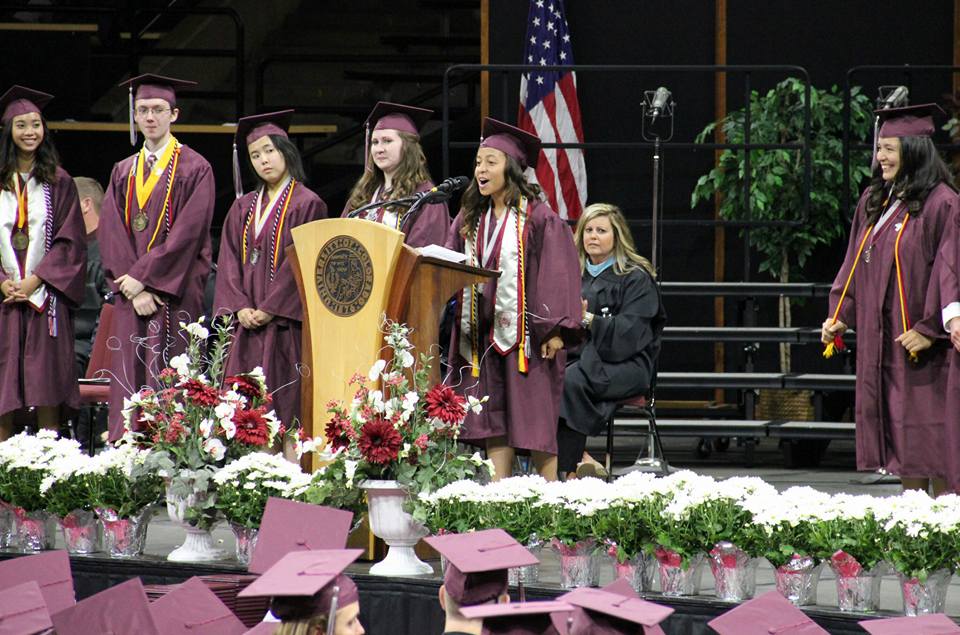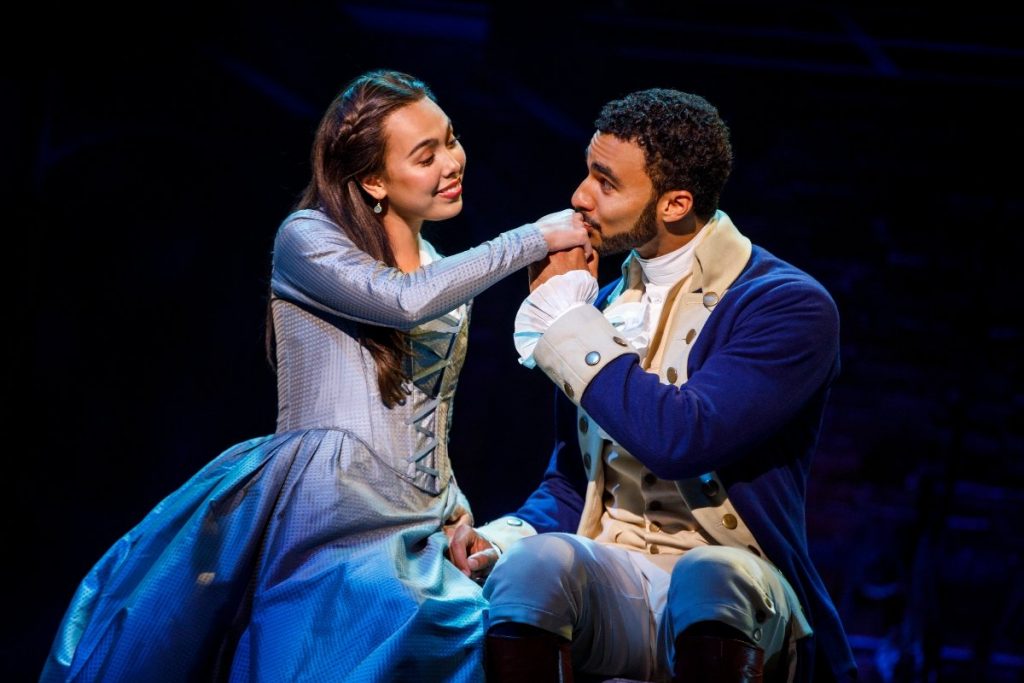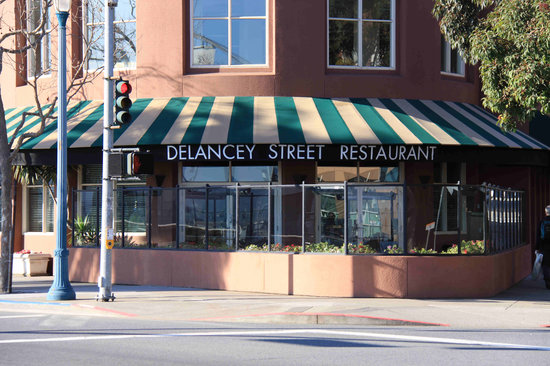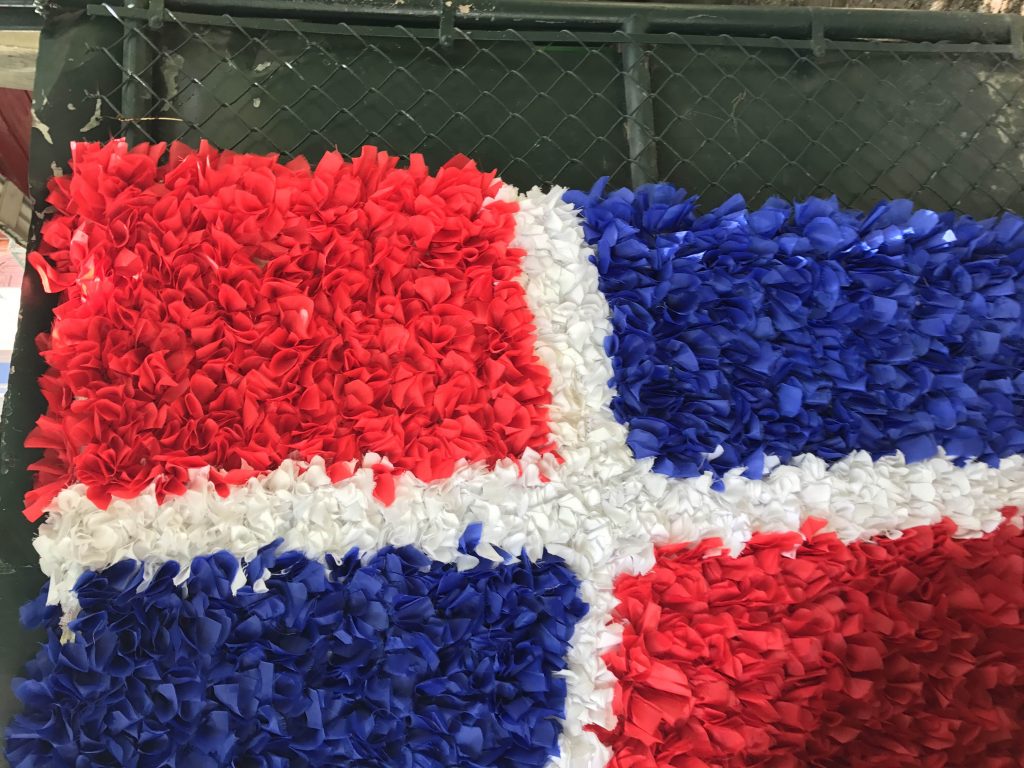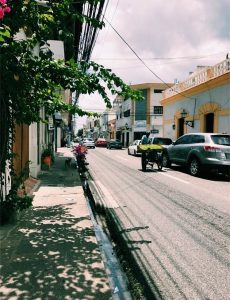By Magdalena Castillo
The Salinas police officers were generous enough to give their time towards answering a crowd’s questions about their experience as police officers, quite possibly the most controversial career in today’s divided and violent world. A daunting task, as I’m sure they knew coming into it, as police officers and peace can be seen as somewhat contradictory, at least in my mind.
One of the first things brought up was the recent shooting at the Garlic Festival in Gilroy, California. It was a fresh wound, and it stung to hear it talked about so soon after the tragedy. My mind traveled to a warm summer day and I felt pain–simulated pain, as I know I could never know what it feels like to lose someone in such a horrifying way–for the victims, for their families, and for bystanders who witnessed it. What I didn’t even think about was how hard it was for the officers themselves, not only at this festival, but in countless other acts of violence that they have to be involved in. Several of the officers–if not all of them–said that one of the hardest parts of their job is seeing what the victims and their families go through. They mentioned that they’ve seen a lot of trauma in their lifetime and that sometimes they feel pain when families are torn apart or when people die that is often too much to bear.
I felt an immediate sense of shame on my part. I, justifiably, was so disappointed in what I believe to be an unjust and sometimes institutionally racist system that I detached myself from the fact that police officers are humans too. Their compassion for suffering for people in their community shined through their tough demeanor. Their humor lightened the mood in an otherwise tense environment. Their pain was confirmed when they wished that mental health and self care was focused on more for police officers.
It’s important for me to say that a lot of my concerns about the police were confirmed. I still have questions about the things they said and I still feel slightly uncomfortable with some of the tactics used, etc. It’s equally important for me to say that I also agree with a lot of the things the police said, and I realize that while I still think there is A LOT of work to be done, they are humans, and humans are imperfect. If the general population wants to see change with our officers, we can only do so if we understand their side of the story. We can only do so if we care about addressing institutional racism before we attack the individuals who use it as a weapon without necessarily knowing. We need to help make mental health awareness a priority in their department so that they are able to be healthy and do their job even better.


